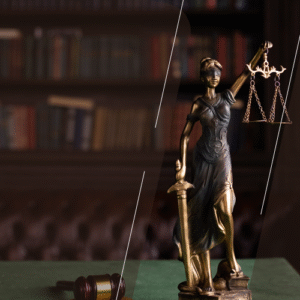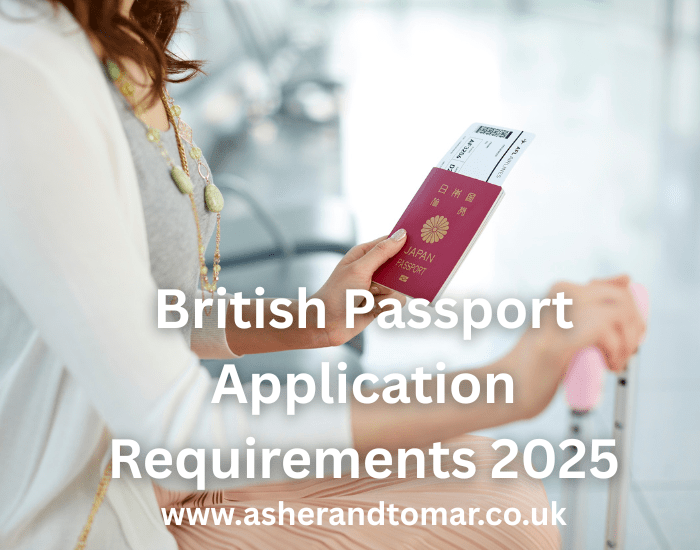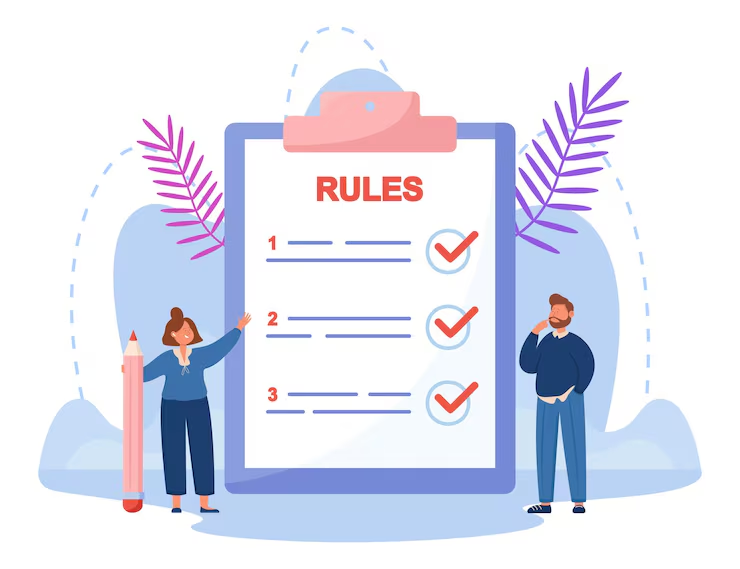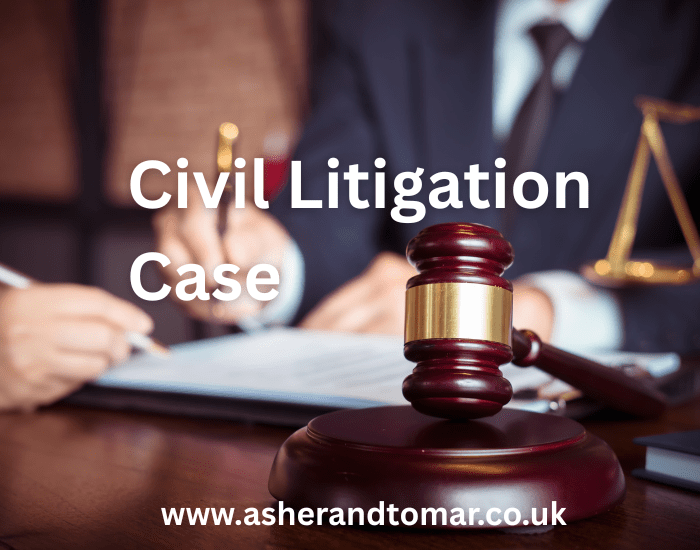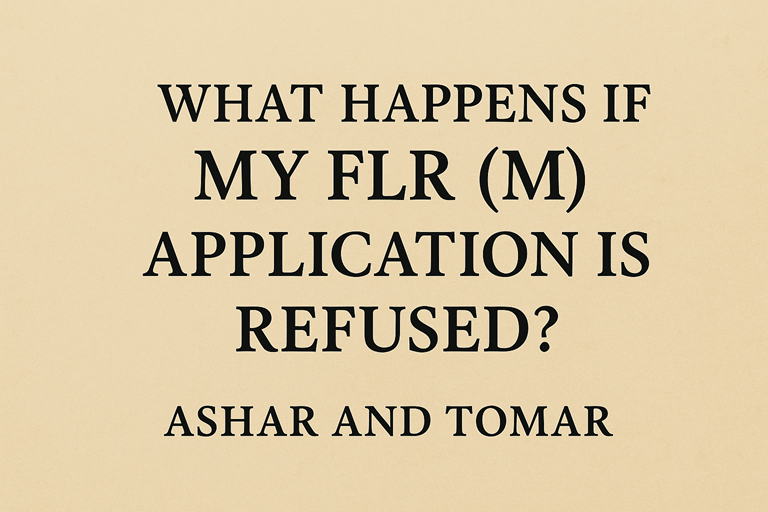Understanding Wrongful Detainment: Your Rights and Legal Remedies
Wrongful detainment is a serious violation of an individual’s civil liberties. It occurs when a person is held or restrained against their will without lawful justification. Whether by law enforcement, security personnel, or private individuals, unlawful detention can lead to emotional, psychological, and financial damage for the victim. Understanding what wrongful detainment is, the laws that protect you, and how to respond if you’re a victim is crucial for safeguarding your rights.
What Is Wrongful Detainment?
Defining Wrongful Detainment in Legal Terms
Wrongful detainment—also known as false imprisonment or unlawful detention—is the act of holding someone in custody without legal authority or valid reason. It can occur in various settings, from police encounters to private security incidents in stores or businesses.
The key element that makes a detainment “wrongful” is the absence of legal justification. For example, if a person is held without a warrant, probable cause, or any evidence of a crime, it could amount to unlawful detention.
Common Scenarios Leading to Wrongful Detainment
- Being arrested without a warrant or probable cause
- Held by store security without evidence of theft
- Detained during a protest without charges
- Police refusing to release someone after confirming their innocence
In all these cases, the detainment lacks a legal basis, which makes it a potential civil rights violation.
Legal Consequences of Wrongful Detainment
The Impact of Being Wrongfully Detained
Being wrongfully detained can be a traumatic experience. Victims often suffer from emotional distress, damage to their reputation, loss of income, and more. In some cases, physical injuries may also occur if excessive force is used.
Compensation for Wrongful Detainment
If you have been unlawfully detained, you may be entitled to compensation through a civil lawsuit. A successful claim could include:
- Compensation for emotional distress
- Loss of earnings due to time off work
- Legal costs incurred
- Punitive damages, in cases of malicious intent or gross misconduct
It’s important to gather evidence, including witness statements, surveillance footage, or any communication that supports your claim.
Your Rights When Facing Detainment
What to Do If You Are Being Wrongfully Detained
If you believe you are being unlawfully detained, follow these steps:
- Stay calm and respectful. Don’t resist, as it can escalate the situation.
- Ask if you are being detained or are free to go.
- Request the reason for your detainment.
- Document the interaction. Take notes or record if legally permitted.
- Ask for legal representation immediately.
When to Seek Legal Help
You should consult a solicitor or legal expert immediately if:
- You were detained without charges or a warrant.
- You were held for an unreasonable length of time.
- You suffered harm during the detention.
- You feel your civil rights were violated.
Frequently Asked Questions About Wrongful Detainment
Can I sue for being wrongfully detained?
Yes, if you were detained without legal grounds, you may file a civil claim for false imprisonment or wrongful detainment. A solicitor can help assess the strength of your case.
How long can police detain someone without charges?
In the UK, police can generally detain someone for up to 24 hours without charging them. This period can be extended to 36 or 96 hours in serious cases. Any detention beyond this without charge may be unlawful.
Is wrongful detainment a criminal offense?
Wrongful detainment is primarily a civil offense, but in some extreme cases involving abuse of power, it could lead to criminal charges against the offending officer or individual.
What kind of proof do I need for a wrongful detainment claim?
You’ll need to prove that:
- You were intentionally detained.
- The detention was without lawful authority.
- You suffered harm or distress due to the detention.
Evidence can include videos, witness statements, police records, and communications.
Can security guards be guilty of wrongful detainment?
Yes, private security personnel can also be held liable if they detain someone without reasonable cause or exceed their authority.
Conclusion: Standing Up Against Wrongful Detainment
Wrongful detainment infringes on your basic human rights and can have lasting consequences. If you’ve been detained without justification, it’s vital to take action—know your rights, collect evidence, and seek legal advice. No one should be subjected to unlawful detention, and the law offers remedies to hold the responsible parties accountable.
Contact one of the leading immigration solicitor firms in the UK, i.e., Asher & Tomar Solicitors.


